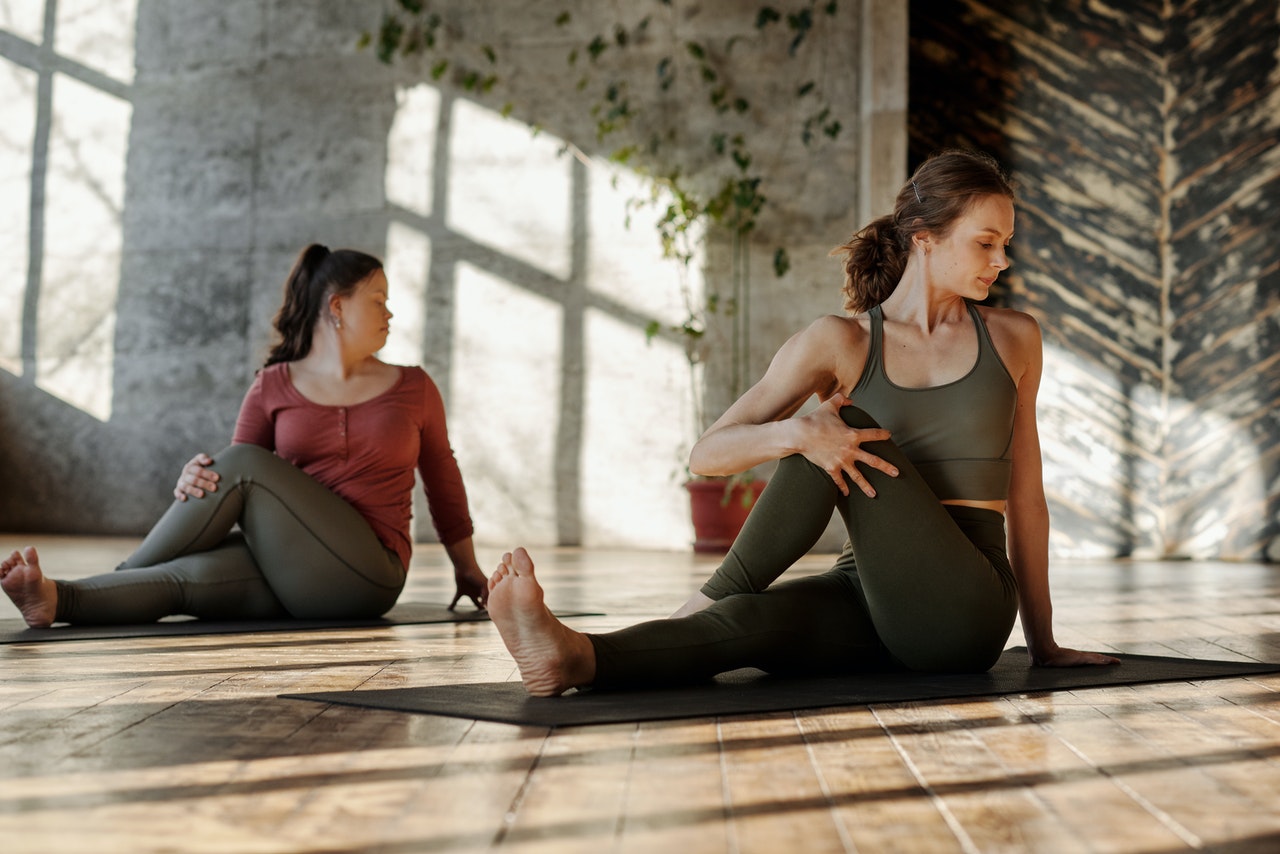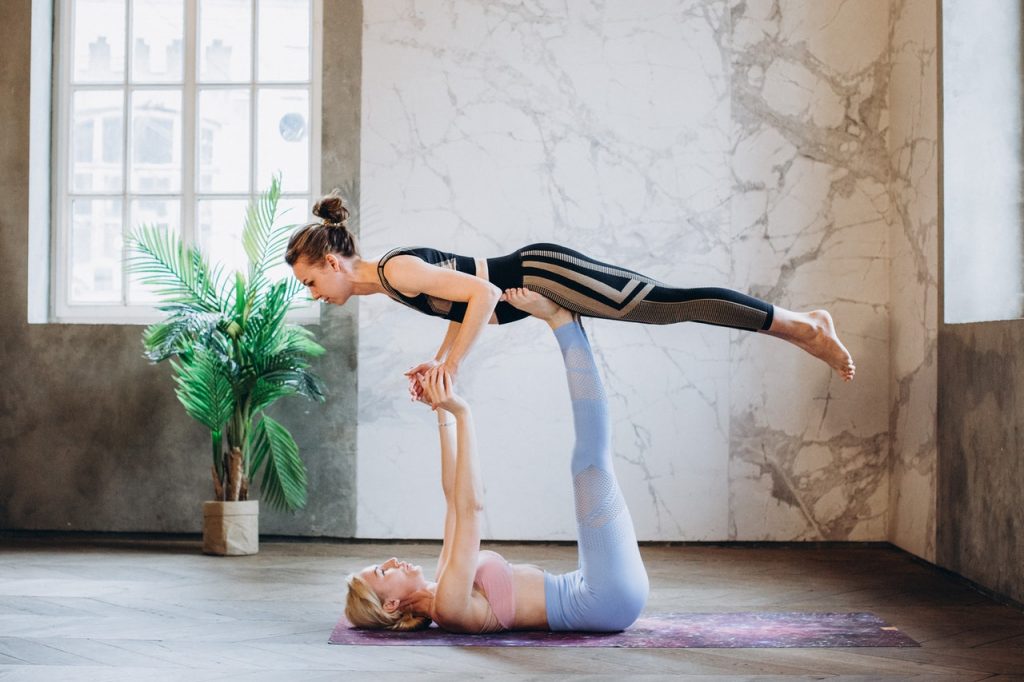Disclaimer: The Lifestyle Elf. This site provides fashion and lifestyle content for informational purposes only.
Yoga is a mind and body practice through body pose, breathing and meditation. Studies show that this 5,000-year-old ancient tradition can help reduce high blood pressure, chronic pain, improve muscular strength and help in better regulation of glucose levels in people with type 2 diabetes. But these are just the physical benefits.
Let’s tackle how yoga can also be good for our mental health.
Statistics
Anxiety disorders are among the common mental illnesses in the United States. 3.1 percent (adults) of the population of the United States are affected by General Anxiety Disorder (GAD) each year. And depression is common to appear with it.
People with GAD find it hard to control their worry. Some of the common things they concern themselves about are money, health, family and work. Data from Our World in Data shows that 284 million people are suffering from GAD and 264 million people living with depression worldwide. These numbers are probably contributing to why yoga continues to increase its popularity to many people despite leading a busy life.
New Study
The New York University Grossman School of Medicine conducted a study on 226 adults that has GAD. This study aims to learn how effective yoga is in treating Anxiety and Depression. After three months of study, they found out that yoga does help reduce GAD in adults.
In another study by Dr. Mayer Nyer, a Clinical Psychologist and a researcher on yoga studies, and Maya Nauphal of Massachusetts General Hospital, yoga had significantly reduced symptoms of depression. The research participants showed improvement in the quality of their life after practicing yoga at least twice a week.
In Oregon, a study has been done as well. They have recruited 28 people having chronic pain to participate in the study. They were trying to find if mindfulness yoga is an effective way to reduce stress-related illnesses, including GAD. After the 8-week study, they found out that mindfulness meditation and hatha yoga do help patients with chronic pain and depression.
Yoga as Treatment
The basic idea of yoga is to do a stretching pose while you control your breathing in between holding and shifting positions. Yoga discipline aims to develop harmony in body, mind and the environment. As you breathe in and breathe out, you stimulate inner peace and physical energy; making all your worries disappear.
When you are ready to take yoga to the next level, buy yourself some equipment. One yoga equipment that has been making rounds on the internet today is the yoga wheel. It’s been a staple in every yoga connoisseurs’ gym bag since it was introduced to the market. Its wheel shape is perfectly circled by a plastic molding machine making it sturdy and safe for frequent use. The yoga wheel can be used in multiple ways, but it’s mostly for stretches and body poses that focus on mobility, strength and stability.
Make Yoga Even More Enjoyable
Yoga is one of the most relaxing activities that you can do to make your body fit. But, with all of its benefits, there are still some people who can’t see how yoga is appealing. Some even find it “boring stretches.” If you are one of them, but still want to try to love it.

Here are some ways you can try to make yoga a fun one for you:
1. Find a yoga buddy.
Go to a class with your friend. Having a fitness buddy can increase your chances of sticking to your exercise. Or, make new friends in the class. Invite them for a coffee or tea after your class.
2. Practice outdoors.
Instead of practicing in a studio or inside your bedroom, try going out to the garden or the nearby beach. There is nothing better than breathing in and out fresh air, sun on your skin, with the chirping of the birds as your background. You can even go on a yoga holiday.
3. Shop for a yoga outfit.
Do something that will make you excited and looking forward to doing it like shopping. Shopping for an outfit to wear can already be a motivation to go attend your yoga class.
Multiple studies are clear pieces of evidence that yoga can be equally beneficial for both mental and physical health. A lot of studies must still be done, but available studies show that yoga may be an effective complementary treatment for mental illnesses such as anxiety and depression. Individuals dealing with stress-related disorders as mentioned may find the practice of yoga appealing.

